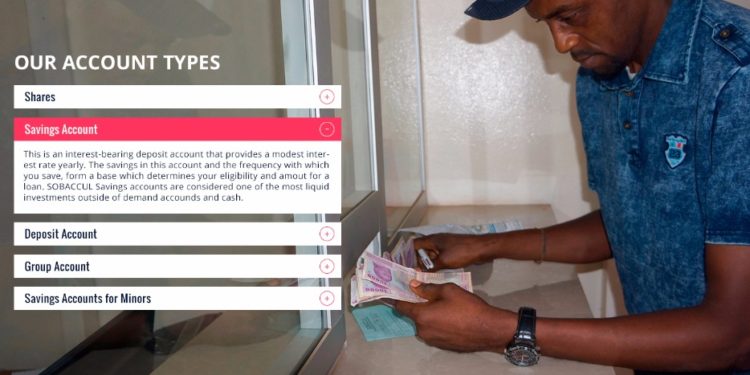A Call to Action for Policymakers
Countries around the world have been heavily impacted by COVID-19. The IMF predicts a substantial decline in global GDP compared to 2019, with a contraction projected for emerging and developing economies to be at least 1 percent, compared to 2.9 percent growth in 2019.
The full account of how the pandemic will play out in these countries will depend on many variables, including how long the outbreak lasts as well as the ramifications of the measures to contain the virus. Many have already seen significant disruptions in trade, global value chains, foreign direct investment, capital outflows and remittances.
This situation is made worse by these countries’ limited domestic capacity, weak health infrastructure, and competition for scarce medical supplies and food during the pandemic, creating pressure on the prices of these critical goods.
Policymakers and global bodies, such as the UN, the World Bank and the IMF, have all stepped up to respond to the unprecedented impact of COVID-19 on the global economy and GDP growth. The World Bank and the IMF have announced that each has committed $18 billion to support African countries to address the pandemic.
In the meantime, countries are responding with immediate actions to reduce the impact of COVID-19 on their economies. Keeping up with the flurry of different measures taken at the policy level has been difficult, but actors, such as the IMF, have set up trackers to help stakeholders stay abreast of the rapidly evolving landscape.
While some countries do have highly effective microfinance associations that have informed government responses, there are many countries where microfinance institutions and their clients – particularly those that are credit-only – have been largely left out of the dialogue.
Countries are also taking steps to help the financial sector manage the crisis, including the following policy measures:
Relaxation of provisioning requirements.
– Re-classification of deferred loans.
– Relaxation of minimum capital adequacy requirements.
– Relaxation of collateral requirements.
– Liquidity support to the banking system.
Depending on a country’s legal and regulatory system, microfinance institutions may or may not be covered by the aforementioned policies. Because MFIs are a critical lifeline to the bottom of the pyramid (BOP), regulators and policymakers should engage directly with local advocacy groups or technical specialists who can provide guidance on how such policies may have differentiated impacts on various categories of institutions, whether they are non-bank financial companies, non-profit organizations, cooperatives or deposit-taking institutions.
For this reason, the members of SOBACCUL believe “we have a collective responsibility to prioritize and advocate for the types of policy responses that are most critical for the microfinance sector to best serve the needs of our members”.
By Elume Raymond (Guest Writer)








